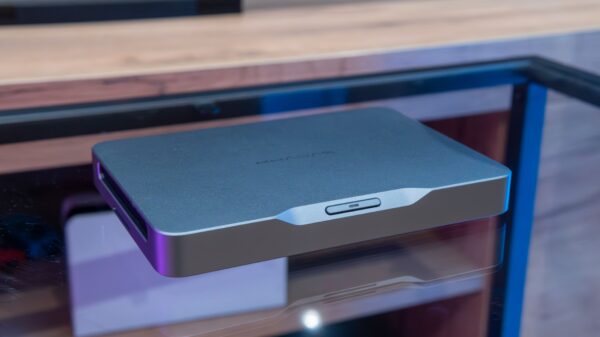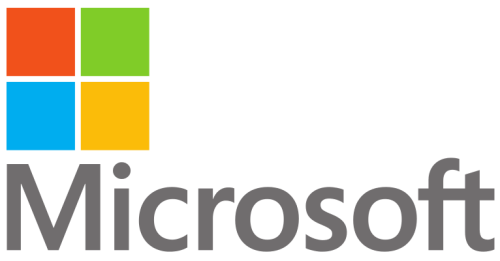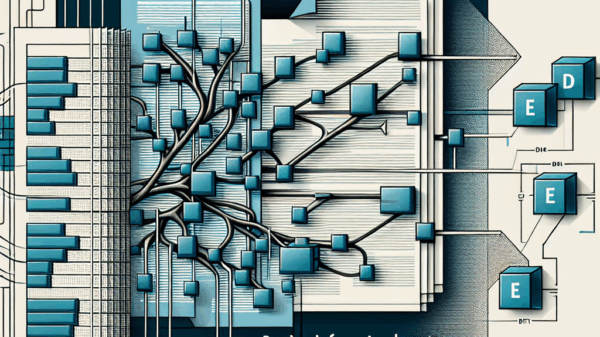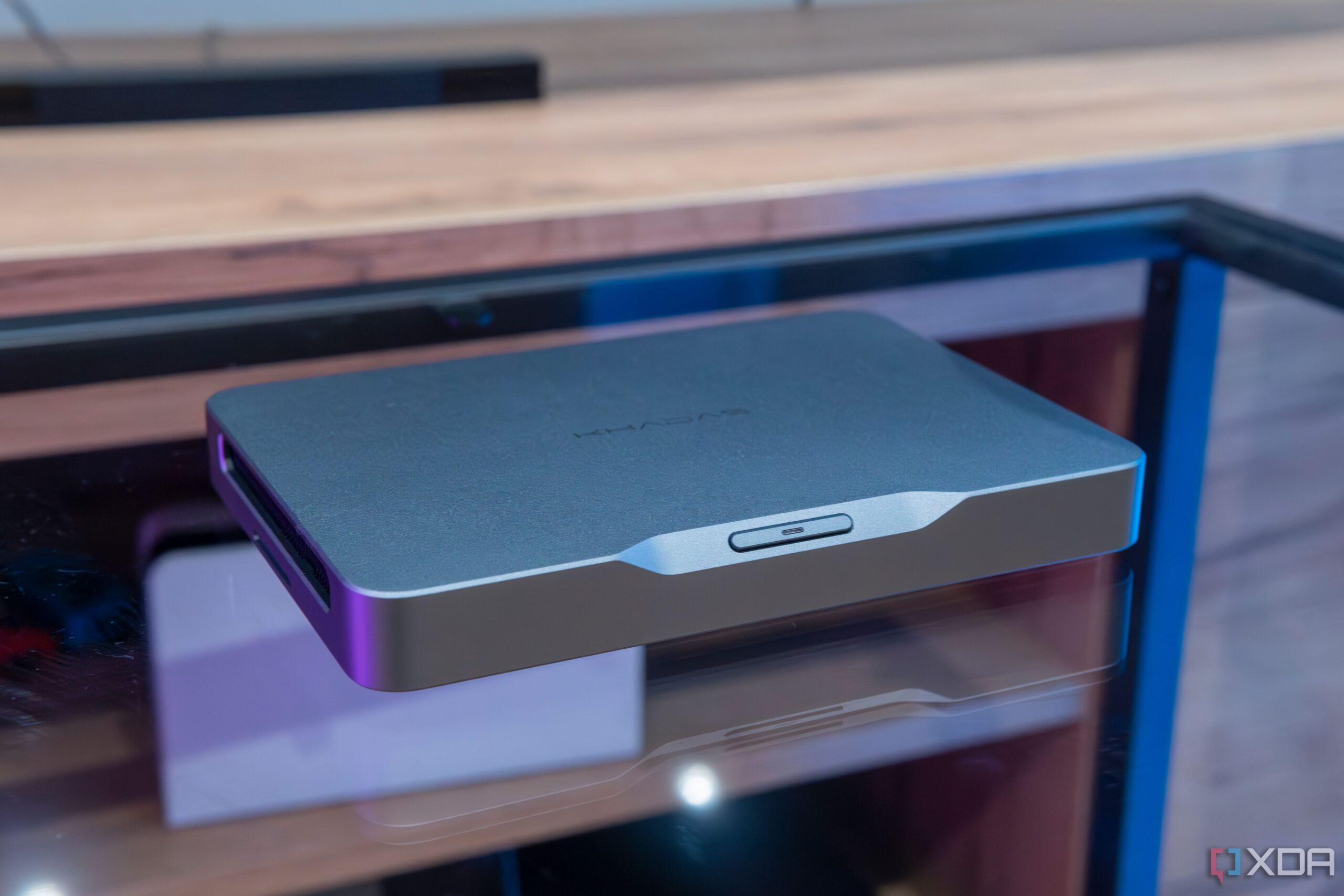UPDATE: Mini PCs are emerging as the ultimate solution for software testing, revolutionizing how developers and enthusiasts experiment with new applications and operating systems. With prices starting as low as $200 and models like the Geekom A6 Mini offering robust specifications at $449, these compact machines are becoming indispensable in homes across the globe.
The demand for versatile computing solutions has surged, especially as more users engage in complex software testing. Mini PCs, with their compact size and affordability, serve as perfect “sandbox” devices. Users can easily connect them to existing monitors or TVs, transforming them into dynamic testing environments that can adapt to various needs, from gaming to productivity.
One of the standout features of mini PCs is their extensive connectivity options. Unlike many laptops that require docking stations for peripheral use, mini PCs typically offer multiple ports. This flexibility makes it easier for users to connect devices like printers, external drives, and more, streamlining the testing process. Additionally, for those who prefer a wired internet connection, mini PCs often come with Ethernet ports—a rarity among laptops.
The low cost of mini PCs allows users to take risks that would be too costly with standard laptops. For example, you can safely place a mini PC in your network’s DMZ, facilitating internet communication without compromising security. This isolation is particularly valuable for testing potentially risky software, allowing users to experiment without endangering their primary devices.
Repairability is another significant advantage of mini PCs. As many laptops are designed with non-upgradable components, users often face high costs when repairs are needed. Mini PCs, on the other hand, are typically easier to open and modify. With just a few screws, users can upgrade RAM, storage, or even swap out components as needed. This level of accessibility encourages experimentation, as users can quickly adapt their systems to new demands.
Moreover, mini PCs consume less power due to their energy-efficient components. Many models use processors designed for laptops, averaging a power consumption of 45W or less, compared to standard desktop processors at around 65W. This efficiency not only reduces electricity bills but also makes them suitable for a variety of workloads, including retro gaming and home lab setups.
As the tech landscape continues to evolve, mini PCs are becoming essential tools for anyone involved in software testing. Their affordability, ease of use, and adaptability position them as the go-to choice for developers and hobbyists alike.
For those considering a new device for software experimentation, now is the time to explore mini PCs. With their compelling benefits and low entry cost, they are redefining how users interact with technology in their homes. Don’t miss out on the opportunity to enhance your software testing experience with these innovative machines.
Stay tuned for more updates on this rapidly developing trend in tech!
































































